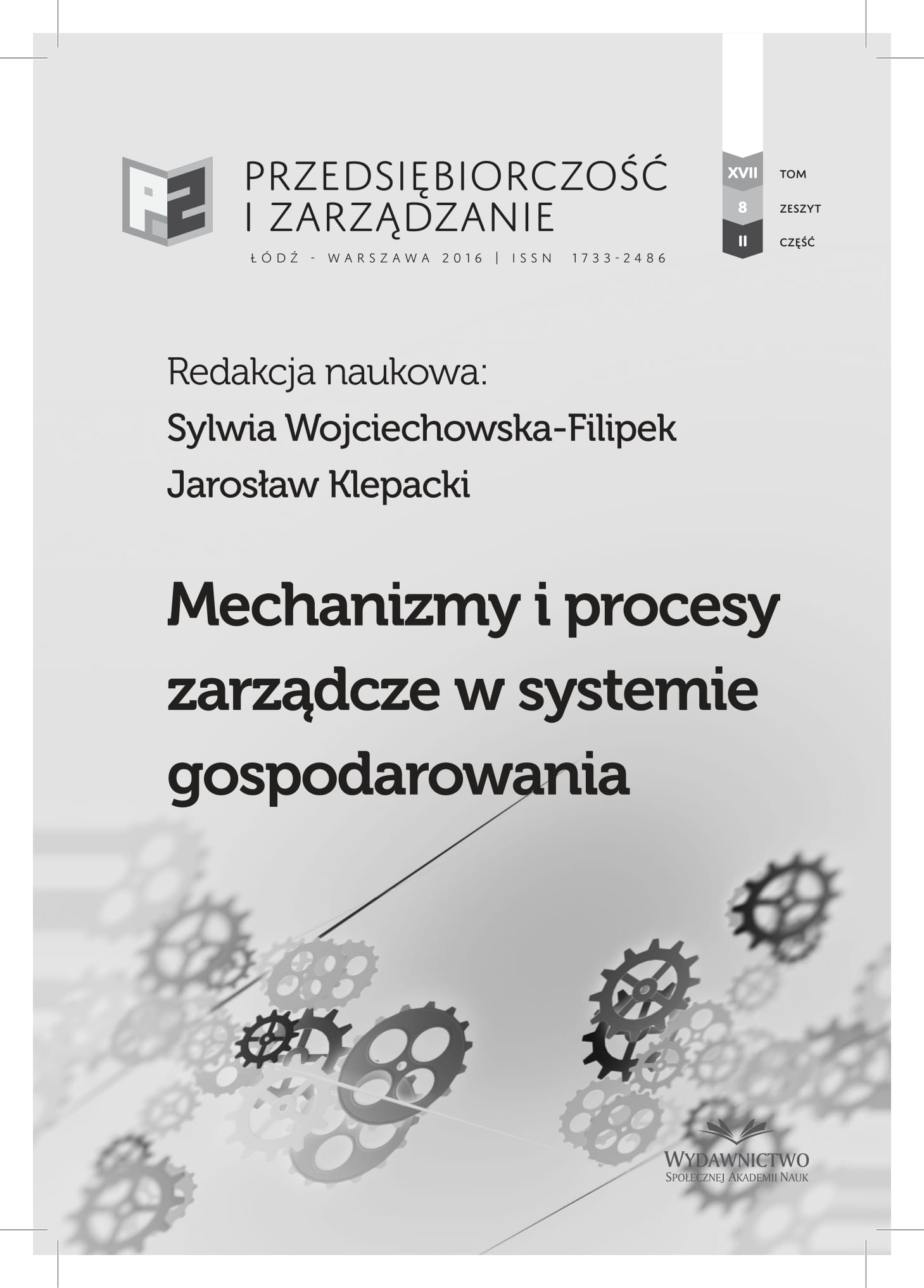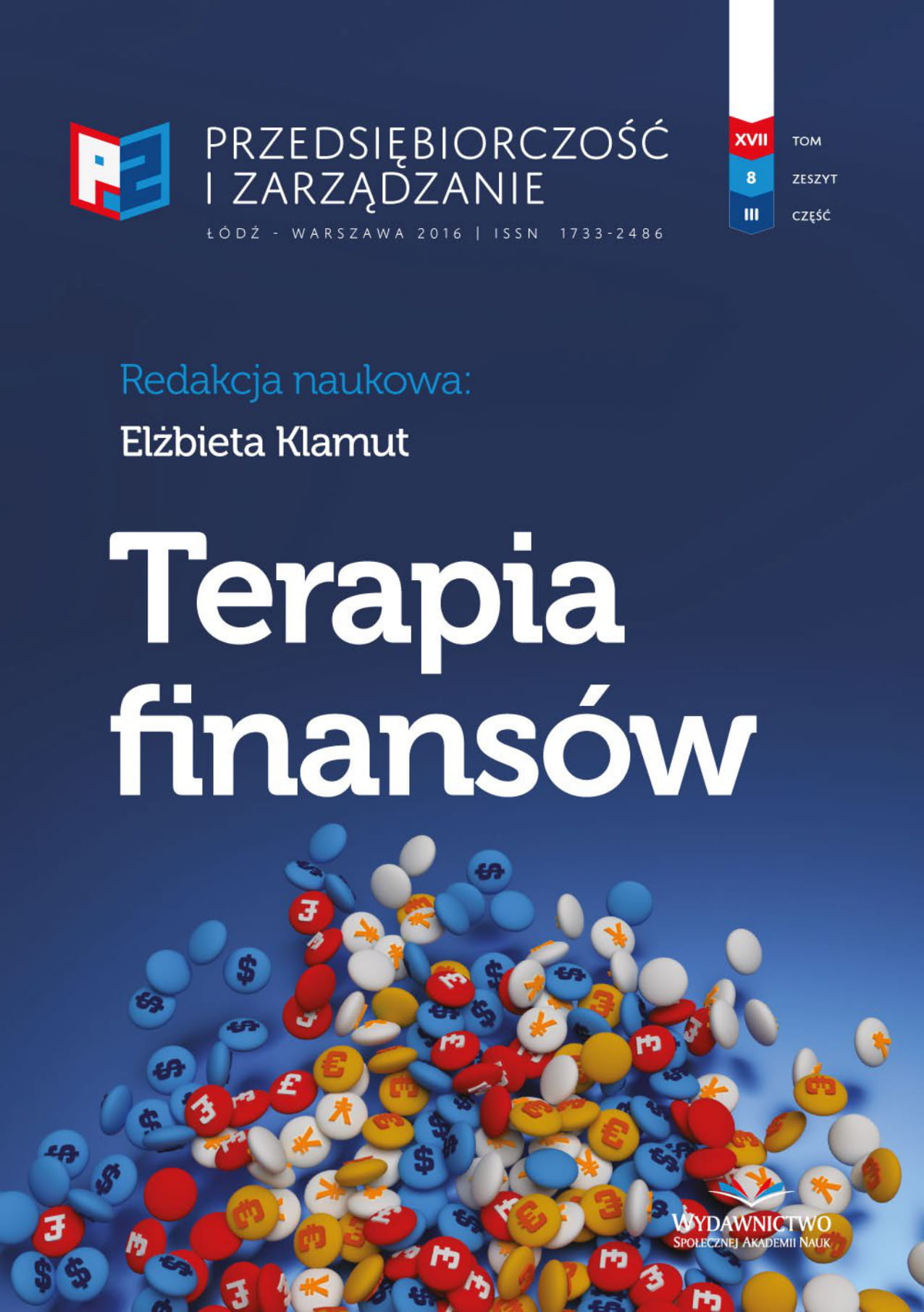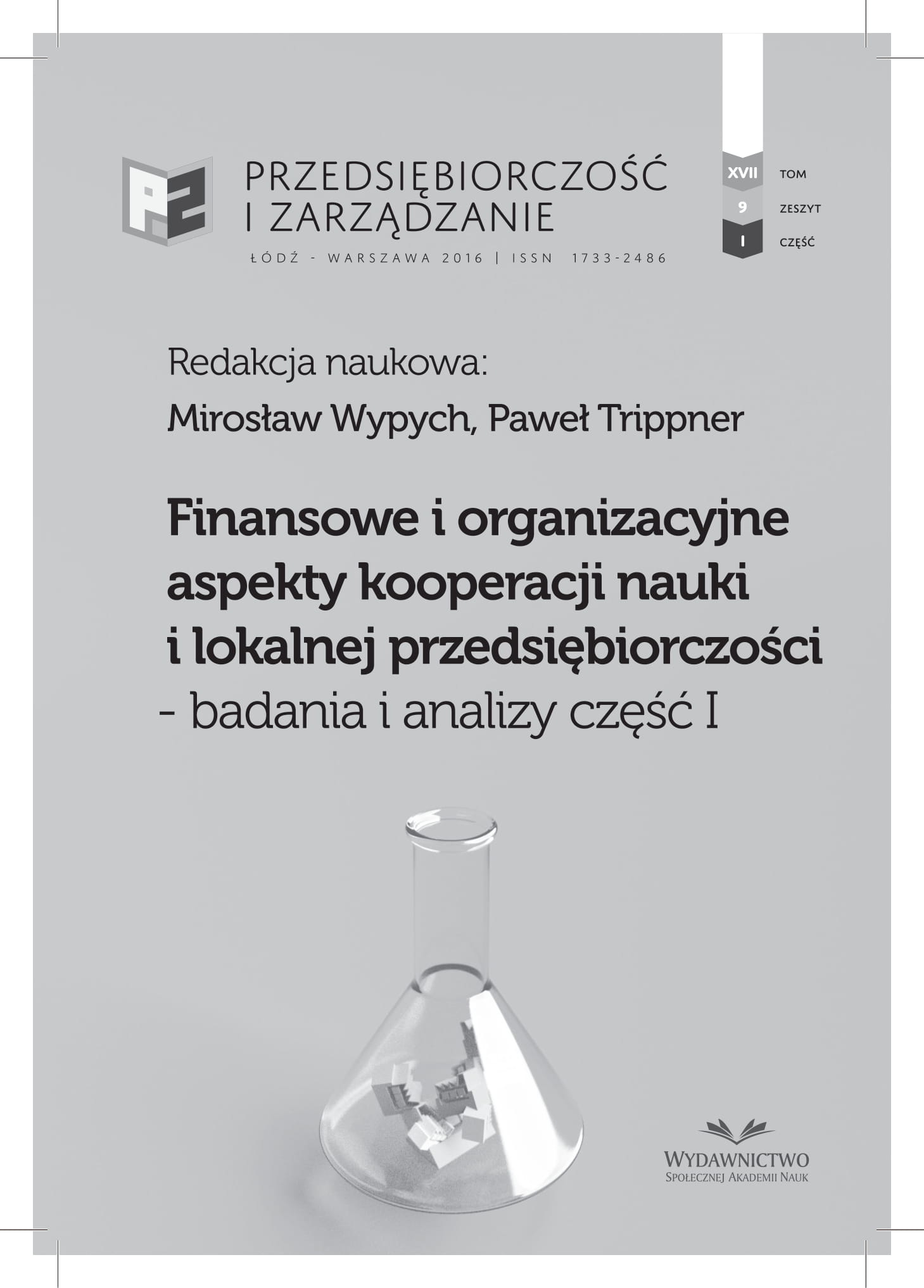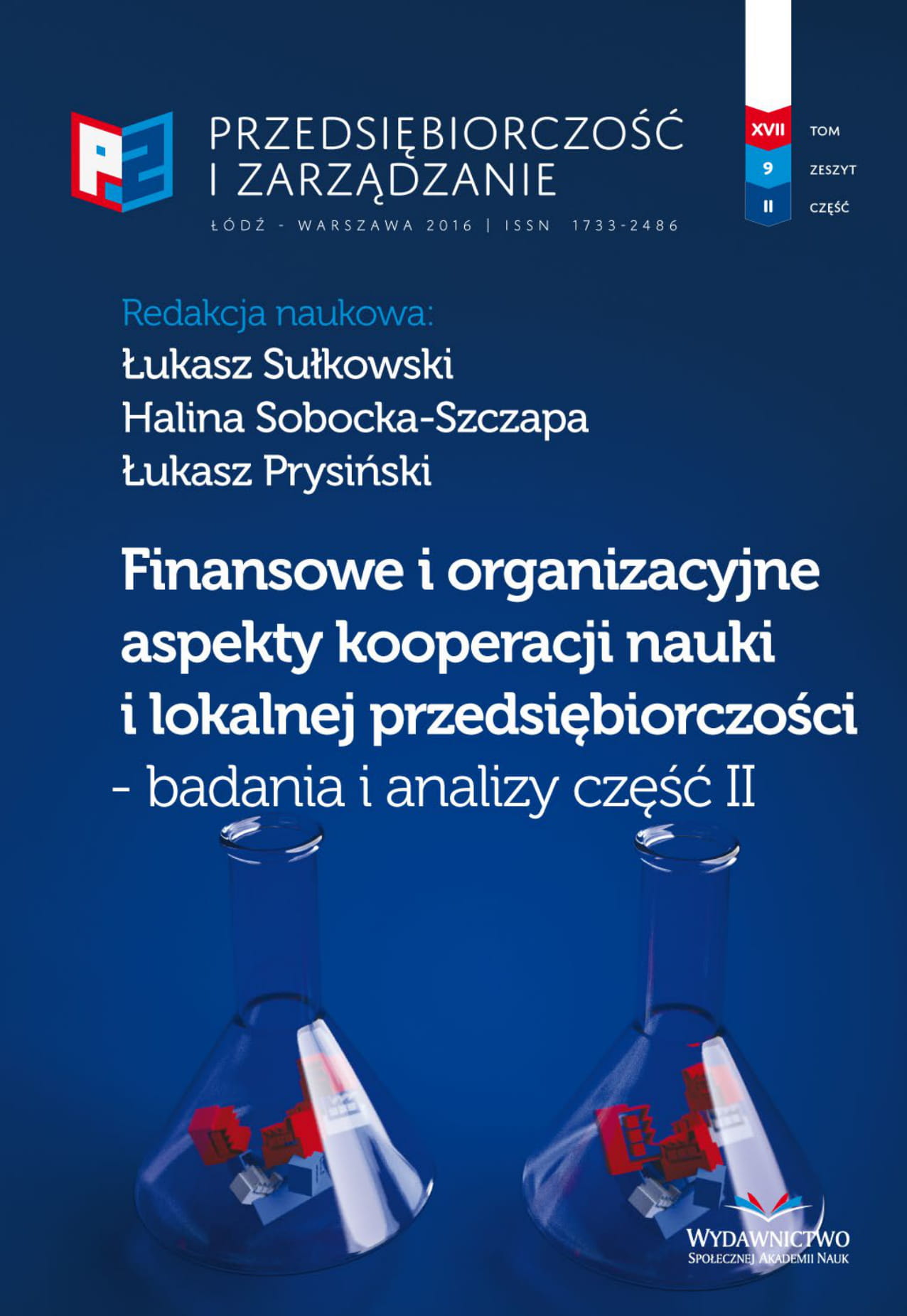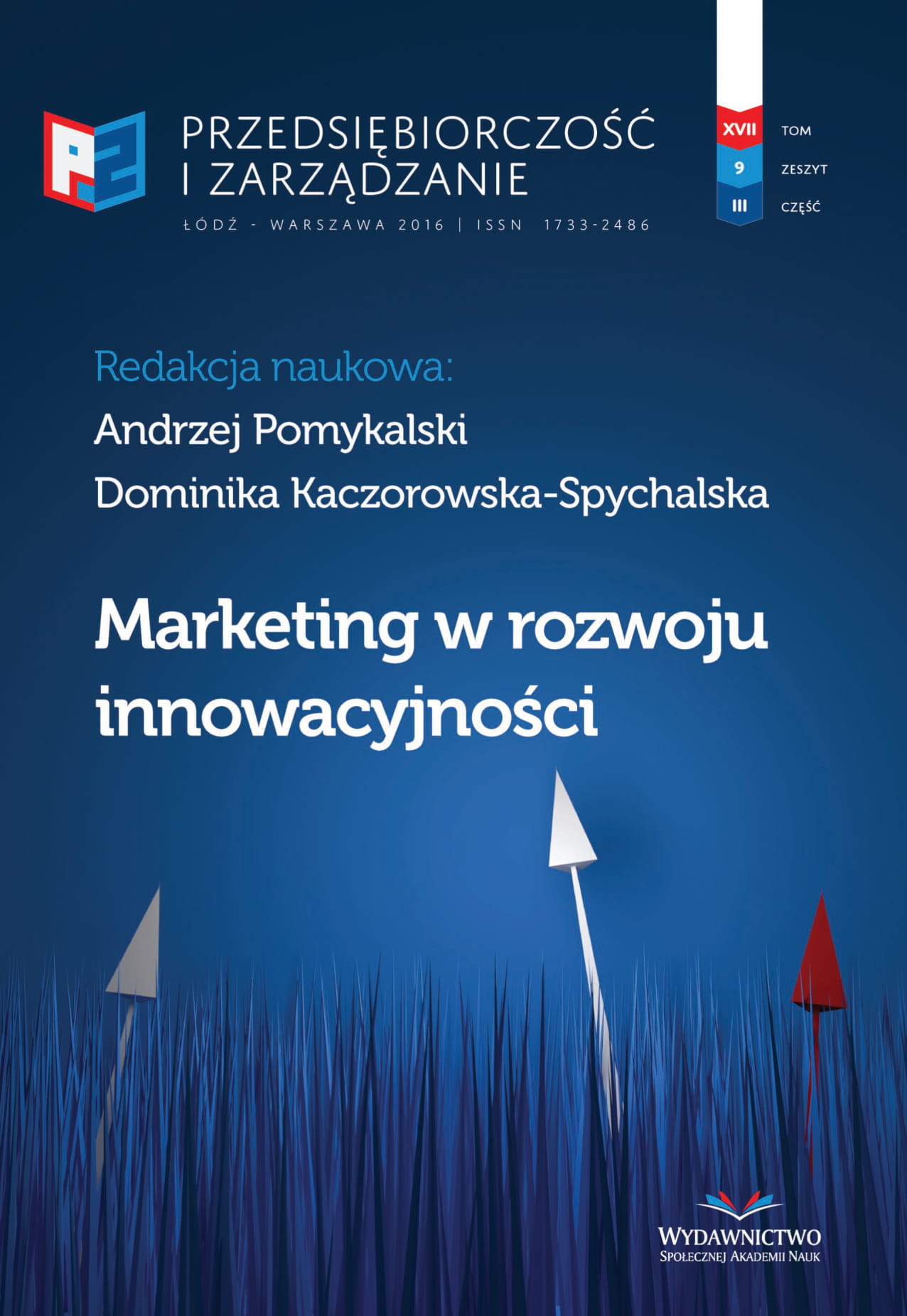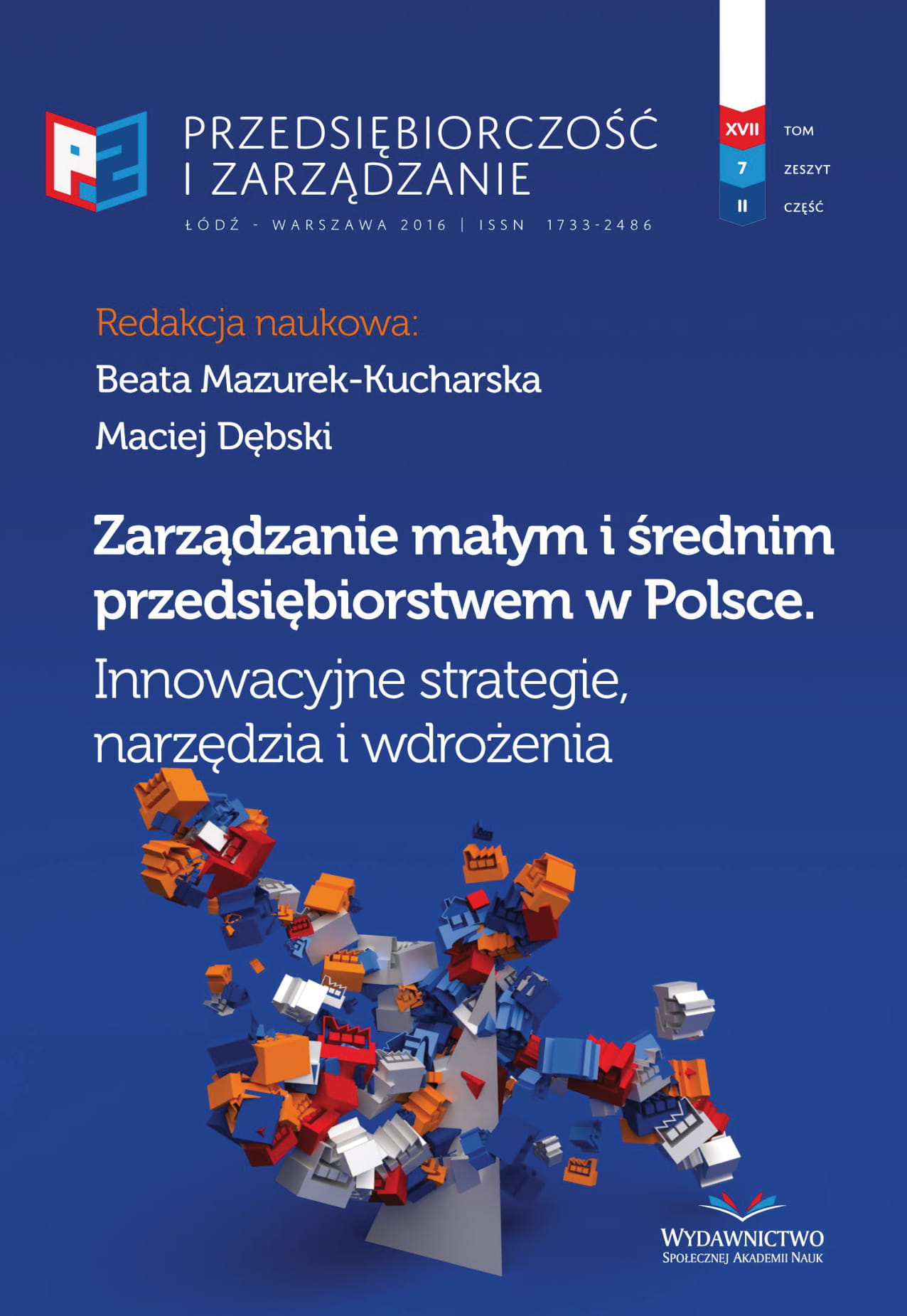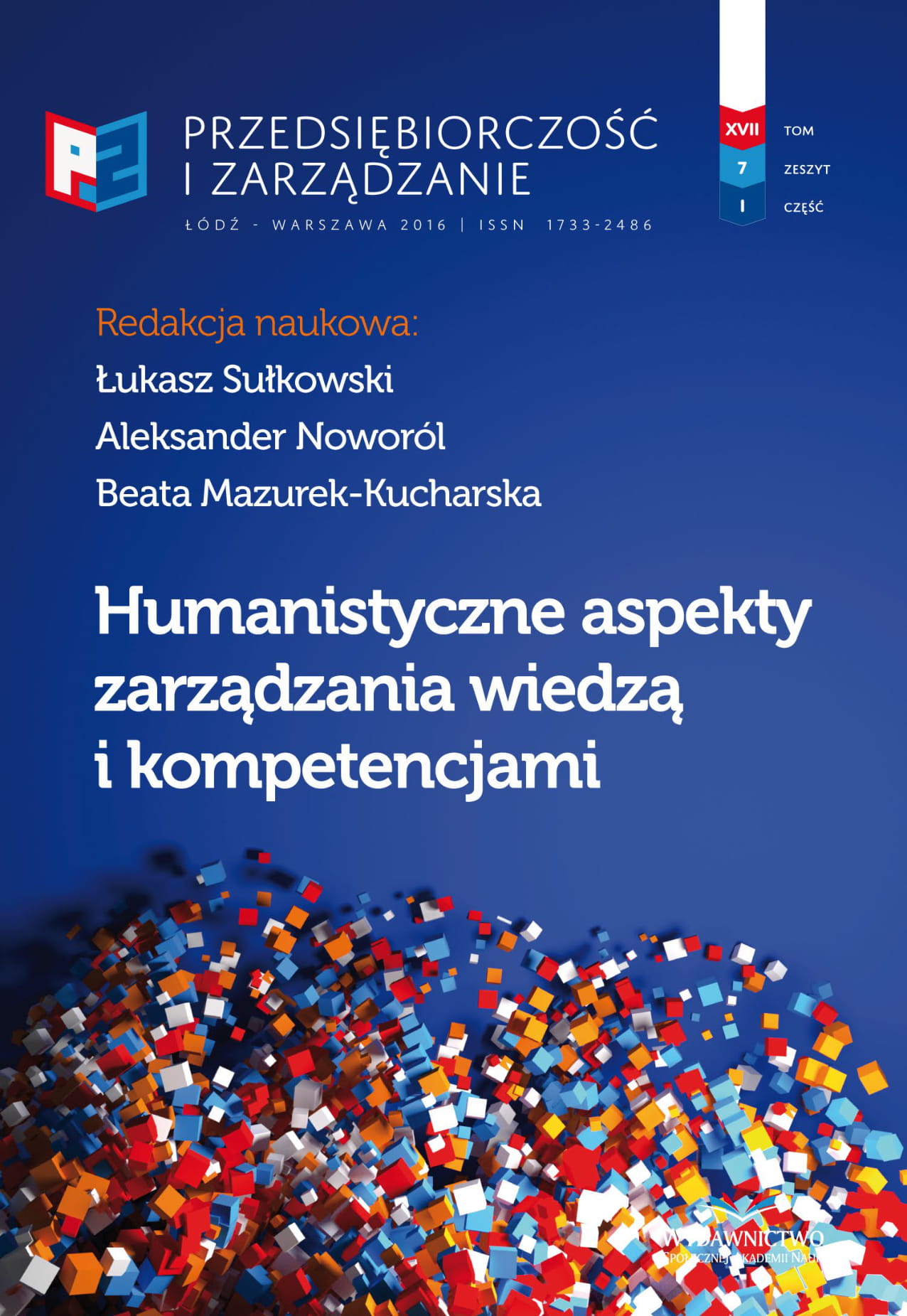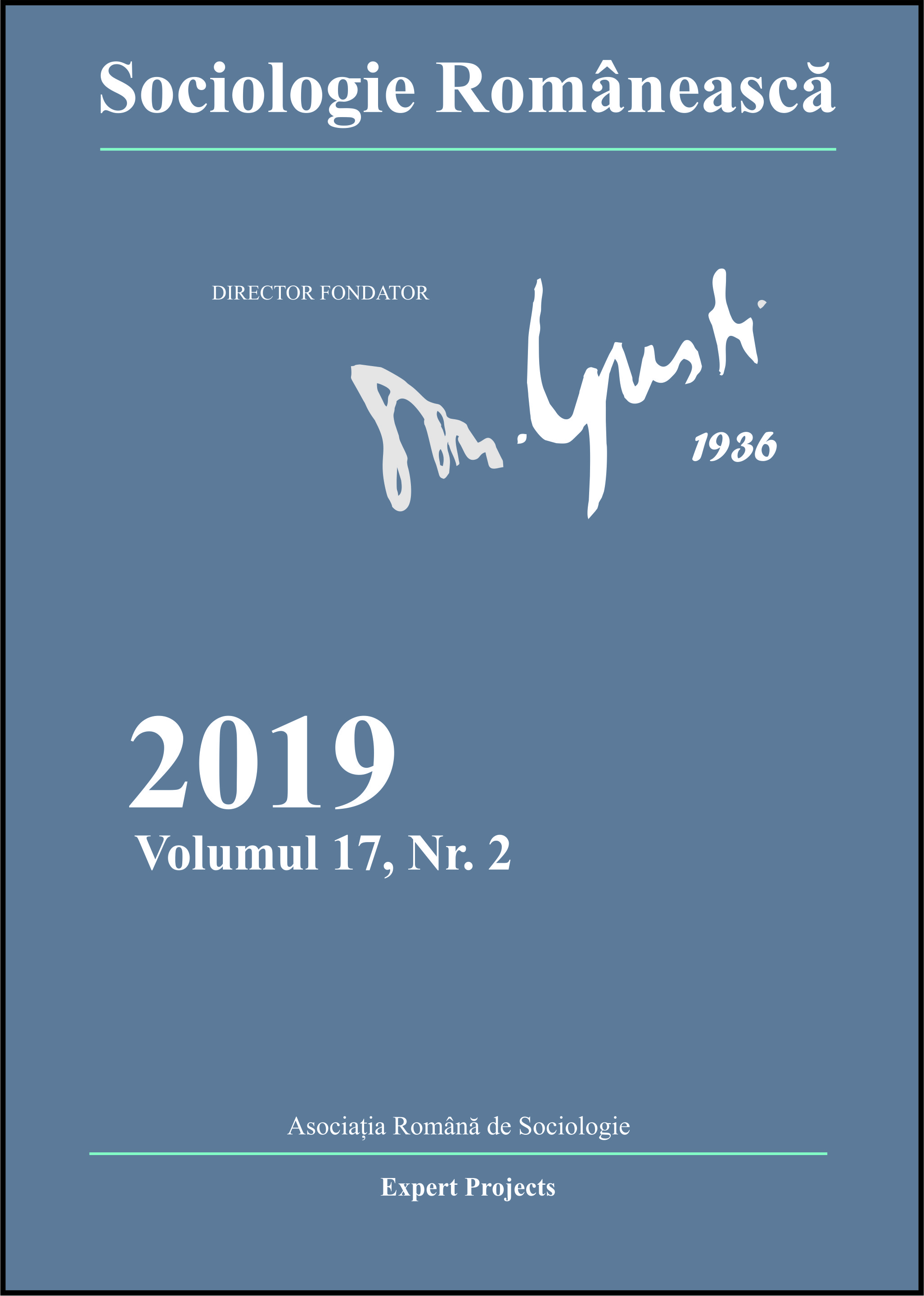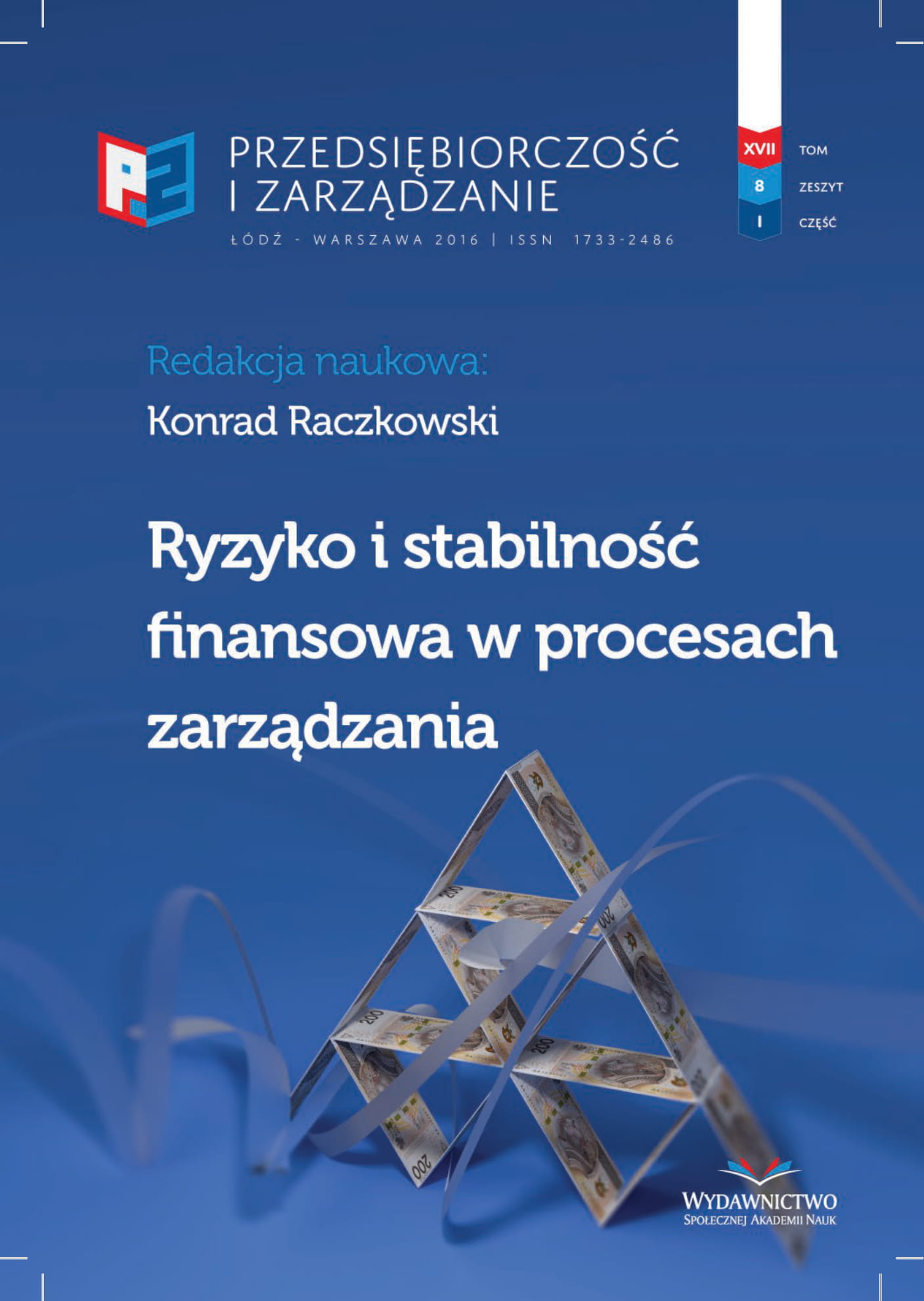
Preferencje podatkowe dla podmiotów z sektora MŚP w państwach OECD – studium porównawcze
SMEs significantly contribute to the economic development of modern economies. Their role and importance justify the need for their special tax treatment. The most of OECD countries uses tax preferences for this category of firms. They cover reduce income tax rates, tax allowances, tax credits, tax exemptions and special tax regimes. The article contains the overview of the main categories of SMEs tax preferences in OECD counties. The aim of the study is a comparative analysis of these tax solutions and the assessment of their use.
More...
